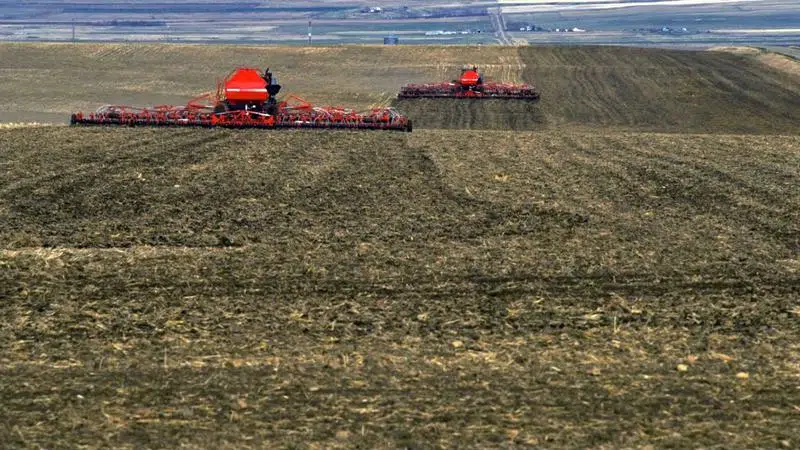
Snow brings welcome moisture for local farmers
The big snowfall that hit central Alberta over the weekend may have delayed seeding plans for many local farmers, but the moisture is more than welcome.
That according to Cody McIntosh, Agricultural Services Manager with Red Deer County, who says many area farmers were planning to get seed in the ground this week.
“This moisture will delay things but they were looking at seeding into some pretty dry soil,” he explains. “So I think the precipitation is very much welcome.”


